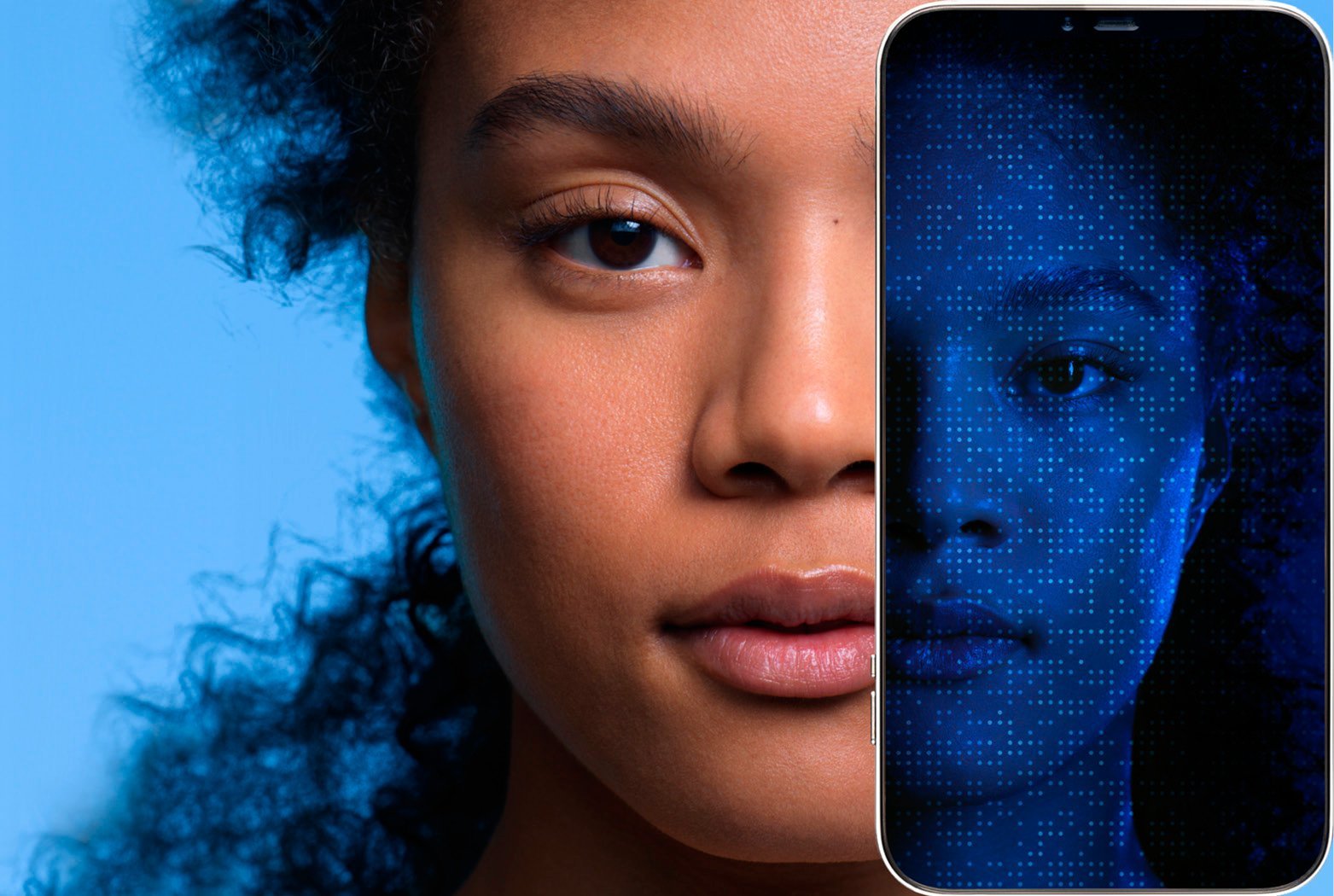CHEILITIS = CHAPPED LIPS
Dry and cracked lips are a common complaint
Cheilitis is another name for chapped lips. The lips become dry and flaky, and painful vertical cracks can develop. The skin around the lips sometimes becomes irritated too. This dryness causes unpleasant burning sensations. The condition develops when lips are sensitive to external conditions such as cold and the sun. Sometimes it’s a reaction to an allergen in a lipstick or other product.
How to cheilitis: Don’t crack up!
Protection and prevention are key to fighting chapped lips
Dermatologists recommend using a protective lip product that is neutral, rich and free of allergens as soon as the weather turns cold. And in the mountains or in the summer sun, use a lip protection product that contains sun filters.
When the lips are fragilized, turn to pro-recovery creams such as CICAPLAST Baume B5 Lips.
If you think you might have contact dermatitis (a red, itchy, scaling and blistering rash) on your lips due to ingredients in cosmetics, you will have to identify the irritating agent and stop using it. Consider seeing a dermatologist or allergist for patch testing.
Click HERE to learn more about contact dermatitis.
Don’t lick or pick at lips!
People with dry and chapped lips often lick them frequently, and pick or bite off flaking skin. It’s so tempting isn’t it, but this only aggravates the situation by ridding skin of its natural protective layer and triggering a vicious cycle. Every time you feel the urge to lick or pick, apply your hypoallergenic lipcare and your lips will thank you for it!
ANGULAR CHEILITIS
CAUSES AND CURES
Angular cheilitis is a specific lip condition that only affects the corners of the mouth. If you have sore, itchy, cracked or blistered skin in the corners of your mouth, you should see your doctor for a diagnosis. The most common cause of angular cheilitis is a fungal infection. Most often, this is caused by saliva building up where your top and bottom lips meet, creating a warm, moist environment – perfect for fungus (usually Candida) to grow and cause infection. Ok, so we’re firmly in the gross zone here, but luckily it is easily cured if you know how (read on!).
How to get rid of angular cheilitis
To heal angular cheilitis, your doctor will prescribe a barrier cream, often coupled with an antifungal or antibacterial cream to cure angular cheilitis. Home remedies or treatments for angular cheilitis such as applying coconut oil probably aren’t going to do much to cure the condition. The good news? Your lips have a fabulous blood supply, so once you’re applying the right cream, they can heal up very quickly (even overnight!).
Angular cheilitis vs. cold sores
These two conditions are visually similar, but angular cheilitis starts with dry or cracked skin at the corner of the mouth and is usually caused by a fungus, or bacteria. Cold sores, on the other hand, are caused by the Herpes simplex virus. They can appear anywhere on the border of the lips. Cold sores are cyclical and are often preceded by a burning and itching sensation, whereas angular cheilitis shows no warning signs until the sore appears. The other super important difference? Cold sores are contagious whereas angular cheilitis is not contagious.
WHAT IS EXFOLIATIVE
CHEILITIS?
Tips to treat exfoliative cheilitis
Exfoliative cheilitis is fairly rare but more severe and dramatic-looking (though not dangerous) chapping and peeling of the lips. Inflammation causes thick brown scaling which may cause significant distress. The cause is not fully understood, but some cases are associated with excessive lip licking, poor oral hygiene, nutritional deficiencies and (surprisingly) mental disorders such as depression. Obviously just because your lips are peeling doesn’t mean you’re depressed: There are many causes and the main thing is knowing how to help with it (read on).
Tips on exfoliative cheilitis
If you have thick brown scaling on your lips, you may have exfoliative cheilitis. There are several things you can do to help with the condition:
- Avoid licking, picking or touching your lips. Easier said than done, we know, but excessive lip-licking is thought to be an important cause of exfoliative cheilitis.
- Regularly apply dermatologically tested lip balms well tolerated / tested on vulnerable lips.
- Eat a healthy diet rich in fresh fruit and vegetables and omega 3 oils to fuel healing of the skin and reduce inflammation. Avoid excessively salty foods which can cause further irritation.
- Ensure good oral hygiene: brush and floss twice daily and consider using a mouthwash.
- Not getting anywhere? See a dermatologist. He/she has various weapons available to tackle exfoliative cheilitis, such as topical steroids, a medicine called tacrolimus, antibiotics or antifungals.
Click HERE to find out more about skincare for sensitive lips (and the rest of your face!).




